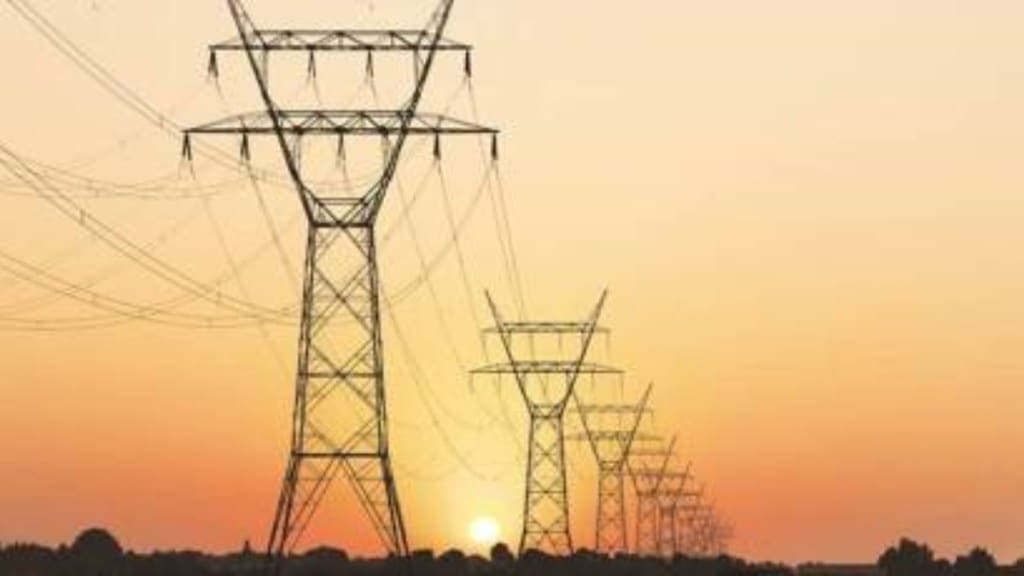Energy sector players want the G20 leaders to draft a swift energy transition plan, scale up green financing, improve storage solutions, innovate and invest to achieve green transition as early as possible.
“India’s G20 presidency has provided us a unique opportunity to wield considerable influence in sculpting the contours of global policies on energy transition,” Tata Power CEO and MD Praveer Sinha said.
India should lead the transformative global effort by fostering ground-breaking technologies to accelerate clean and affordable energy transitions to enable secure, sustainable and inclusive growth, he added.
Climate change, which has emerged as the foremost existential threat to the planet, has taken center stage at the ongoing G20 Summit 2023. Along with it green financing and energy transition are being deliberated.
“It is the need of the hour to prioritize swift action for a sustainable future. Accelerating the green transition demands a multi-faceted approach,” ENGIE India managing director Amit Jain said.
Robust policies must incentivize renewable energy adoption and carbon reduction. And, investment in innovative technologies is imperative to bolster energy efficiency and minimize environmental impact, he said.
The industry players believe that the global leaders must collaborate, forge partnerships and exchange knowledge to address global warming and work towards the earliest transition to equitable energy sources.
India leads with 42% renewable energy capacity, built over recent years with major contributions from solar and wind energy. It plans to set up 500 giga watt (GW) green energy capacity by 2030.
“In order to ensure round the clock renewable energy and to address issues of intermittency and grid stability, there is an urgent requirement for comprehensive energy storage solutions,” said Envision Wind Power Technologies India CEO RPV Prasad.
To make energy storage scalable, strong policy support from the government and the global leaders must come together to set up a global financing mechanism to not just fund the well-established lithium-ion cell production but also accelerate R&D on commercially attractive storage solutions with a lesser carbon footprint in the entire value – from mining to manufacturing to disposal post use, Prasad added.
“Producing green hydrogen and its derivatives in the wind and solar rich countries such as India and exporting these to those that lack the resource needs formalising through appropriate treaties on an urgent basis,” he said.
As the G20 leaders gather in India, the energy players look forward towards accelerated actions and policy interventions to expedite the green and digital transformation of the energy sector.
“I believe the time to act is now and the solutions needed to accelerate are already available. Electrification and digitization are the best vectors for sustainability and efficiency, playing a pivotal role in creating a more sustainable future,” said Deepak Sharma, Greater India zone president and CEO and MD of Schneider Electric India.
A collaborative approach is the only way to create a climate-positive world for current and future generations, he noted.
The G20 energy ministers, in their Goa meeting last July, have agreed to attain global net zero greenhouse gas emissions or carbon neutrality by 2050 and double the rate of improvement in energy efficiency by 2030.
Serentica Renewables director Pratik Agarwal said, “The green transition is a complex challenge, but it is one that we must meet. A holistic approach to green transition will require balancing energy needs with evolving regulations and emerging technologies.”
World needs annual investment of over $4 trillion at low-cost financing for energy transition, as per a G20 document.


